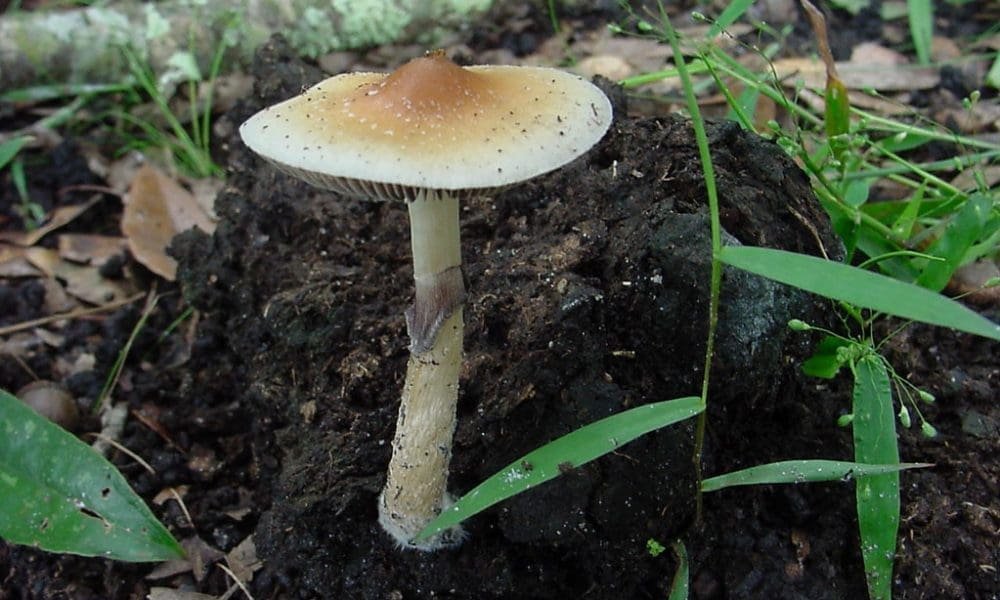According to a recent study, psilocybin is able to reduce symptoms of obsessive-compulsive disorders (OCD) in people who have taken it. There were “no severe adverse effects” reported.
Researchers from the University of Hertfordshire, Imperial College and the University of Hertfordshire explored the potential therapeutic benefits of psilocybin for OCD. They recruited 19 patients with OCD to test whether the drug could be used as a treatment.
Participants were given two doses separated by four weeks—one milligram and 10 milligrams. Researchers found both to be effective at reducing OCD symptoms. But the researchers also noted that 10 milligrams was particularly “well tolerated and potentially efficacious” in OCD patients.
This study was published in Comprehensive Psychiatry. It found that psilocybin caused a fast-onset and moderate to large impact on compulsive feelings, with symptoms lasting for up to a full week. Future placebo-controlled randomized clinical trials will investigate the effects of a multiple-weekly course.
The 10mg of psilocybin oral was well tolerated by OCD patients.
Two weeks later, the effects of psilocybin had largely faded. The study’s authors concluded that “10mg of psilocybin is able to achieve rapid improvement of OCD symptoms.”
The researchers also pointed out the large number of applicants among potential patients. “This means that there is an interest in psilocybin within the OCD Community.”
Researchers said that the relatively small number of participants in the study is a drawback. They stressed the importance of doing follow-up research with a larger patient population, and ideally a longer time frame to collect the data.
Psilocybin had a moderate-to-large effect, which lasted for up to a full week, on the symptoms of obsessive compulsive disorder.
According to the American Medical Association’s (AMA), a recent scientific review, there were no adverse effects reported by participants in this study. The review found that the use of single doses of psilocybin was “not associated” with paranoia. Other adverse reactions such as headaches were “tolerable, and usually resolved within 48-hours.”
Also, result of a clinical trial published by AMA in December “suggest efficacy and safety” of psilocybin-assisted psychotherapy for treatment of bipolar II disorder, a mental health condition often associated with debilitating and difficult-to-treat depressive episodes.
The association also published research last August that found people with major depression experienced “clinically significant sustained reduction” in their symptoms after just one dose of psilocybin.
Kristie Gianpulos is the photographer.




